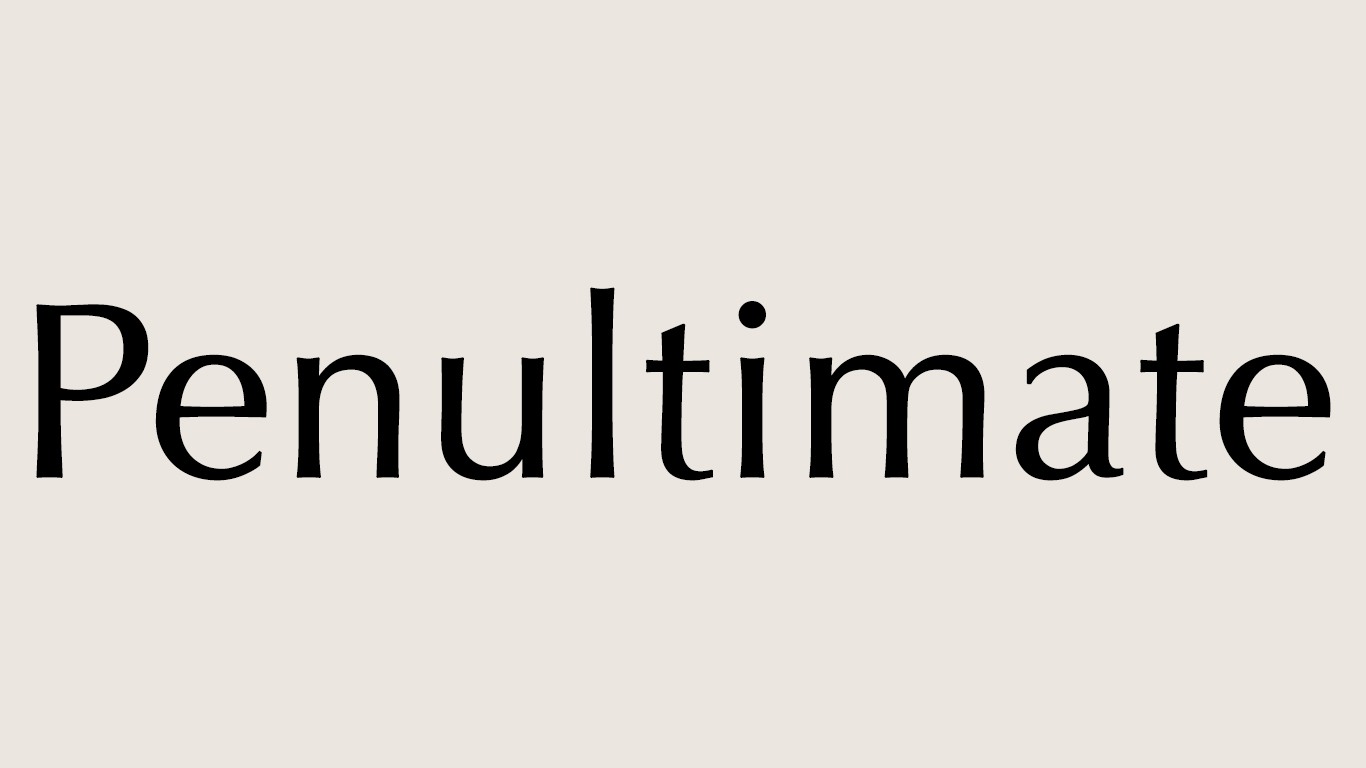
There are more than 200,000 words in the English language — words drawn from Germanic roots, from Latin and Greek, and in lesser quantities from more than 350 other tongues. And more words get added every year. (For instance, here are 30 words that didn’t exist 30 years ago.)
Not surprisingly, considering its size and varied origins, English can also be a very confusing language, full of ambiguities and rife with words that are easily confused with one another or mean something other than what we think they mean.
Of course, English — like most languages — is constantly evolving, and the meanings of words can change over time. “Nice” was an insult hundreds of years ago, meaning foolish or insipid. “Awful” once meant awe-inspiring. (These are 36 old words we use today but with new meanings.)
As a more recent example, for most of its life “hopefully” meant “with hope” (“‘Can I go to the park?’ he asked hopefully”). Today, to the dismay of some purists, it is generally accepted to also mean “it is to be hoped” (“Hopefully it won’t rain while we’re at the park”).
Click here for 10 words that don’t mean what you think they do
Yes, language changes. But communicating successfully with others depends on a shared vocabulary. Even if the meanings of words slowly change, we need to know what they mean when we write or speak them. Here are 10 words that are often misused. Remembering what they really mean will help us to better get our ideas and thoughts across to others.

Contingency
There’s no such thing as “a contingency of experts,” “of French chefs,” “of Chinese ministers,” or the like. A contingency is something that might happen (“We must prepare for every contingency”). A group of people is a contingent.
[in-text-ad]

Disinterested
If you’re not interested in something, you’re uninterested. “Disinterested” means that you have no direct stake in something, financially or in some other sense. A judge in a courtroom should always be disinterested in the proceedings, though they may interest him very much.

Exhibit
If you go to the museum to see a Picasso exhibit, you’re just seeing one painting or print or whatever. An exhibit is a single item. Think “Exhibit A.” An exhibition is a whole collection of exhibits, which is probably what drew you to the museum.

Flagrant
People use “flagrant” to mean obvious, as in “a flagrant error” or “a flagrant invitation.” It means something stronger than that, though — not just obvious but particularly offensive or objectionable. The aforementioned error and invitation are more correctly “blatant.”
[in-text-ad-2]

Further
San Francisco isn’t further from New York than Boston is and you didn’t run further than you should — it’s “farther” in both cases. “Farther” refers to physical distance, “further” to non-physical or metaphorical ones (“Let’s not take this argument any further,” “It is further stipulatedâ¦.”)

Infamous
This adjective gets applied to all kinds of things these days — “The restaurant’s infamous chocolate cake,” “The team’s infamous victory over their rivals,” and so on — when what people actually mean is “famous” or “celebrated.” “Infamous” isn’t a compliment: It means disgraceful or having a bad reputation.
[in-text-ad]

Insure
You can’t insure that something bad won’t happen. You can insure yourself — that is, buy insurance — so that you’ll be compensated if something bad does, but what you want to try to do is ensure that something bad won’t happen. “Ensure” means to guarantee or make certain; “insure” means to buy insurance or otherwise indemnify.

Notorious
See “infamous,” above. “Notorious” sometimes gets used in the same way (“The restaurant’s notorious chocolate cake.”) But it doesn’t just mean famous — it means famous in a bad way, or known unfavorably.

Penultimate
This is the penultimate word in this list. And, no, it’s not the last one. The last word is the ultimate one; “pen-” is a Latin prefix meaning “almost,” and “penultimate” means second-to-last.

Tortuous
It sounds like something that tortures you, but that would actually be “torturous.” “Tortuous” means winding or twisting, like a road that curves up a mountainside.
Take Charge of Your Retirement In Just A Few Minutes (Sponsor)
Retirement planning doesn’t have to feel overwhelming. The key is finding expert guidance—and SmartAsset’s simple quiz makes it easier than ever for you to connect with a vetted financial advisor.
Here’s how it works:
- Answer a Few Simple Questions. Tell us a bit about your goals and preferences—it only takes a few minutes!
- Get Matched with Vetted Advisors Our smart tool matches you with up to three pre-screened, vetted advisors who serve your area and are held to a fiduciary standard to act in your best interests. Click here to begin
- Choose Your Fit Review their profiles, schedule an introductory call (or meet in person), and select the advisor who feel is right for you.
Why wait? Start building the retirement you’ve always dreamed of. Click here to get started today!
Thank you for reading! Have some feedback for us?
Contact the 24/7 Wall St. editorial team.
 24/7 Wall St.
24/7 Wall St.